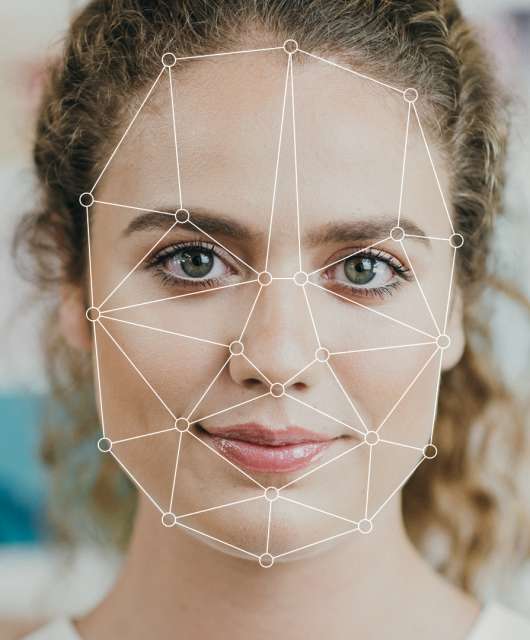The smart home is now a reality. We have robots that can clean the floor, open blinds, turn on switches and open doors. We also rely on smart assistants like Siri and Alexa to answer questions, read our text messages, manage our diaries and more.
Most of these technologies are perfectly harmless – the vacuum cleans up dust, the blinds open and close and the lights go on and off. But these devices are getting smarter, using artificial intelligence to learn your habits and preferences.
Artificial intelligence – always watching, always learning
What most people don’t realize is just how much data can be collected and processed by artificial intelligence (AI). Take the Facebook smartphone app for instance – you already know that everything you share online is carefully analyzed and processed to build a marketing profile about you. But did you know the app also uses the built-in sensors in your smartphone to see where you are, who you are with and what you are doing – even if you disable location sharing?
This is where the problem with AI at home starts. Your devices may be collecting quite sensitive information that you would not normally share. Because these devices are always present, we quickly forget what they are capable of. Which means that we often do and say things without remembering they may be being recorded.
Consider Alexa, built into smart speakers and streaming devices from Amazon. As well as listening for the ‘Alexa’ keyword, these devices are known to record private conversations which may later be reviewed or analyzed by Amazon.
The reason for recording conversations is relatively harmless – Amazon uses them to improve and personalize their service for you. But what if the AI is being operated by a less reputable provider? Cheap devices will often upload data to AI data centers in China where personal privacy is not guaranteed – and where you have far fewer protections against personal data misuse.
As useful as AI is, we all need to be a bit smarter about how it is used at home. Especially when so many companies are collecting data that is not directly related to the service they offer.
Artificial Intelligence used correctly
Obviously there are some problems with AI – but that’s not to say it is not helpful when applied to specific situations. Panda Dome uses artificial intelligence to monitor how your computer works under normal circumstances.
Panda Dome doesn’t read your personal files or keep any of your personal data, but the AI can detect when something unusual happens. It can then block suspicious activity that may indicate malware at work – even if the app has never “seen” that type of infection before.
The AI approach is safer, faster and more secure than traditional antivirus techniques. And because it is finely targeted on a single activity, you can trust the AI to behave responsibly.
AI will undoubtedly become more and more common – but as we have shown, users will need to be much more careful about the information they share with their smart homes. Next time you’re in the same room as your Alexa, take a minute to consider what you are saying – and how that may be being collected and used by artificial intelligence systems.








